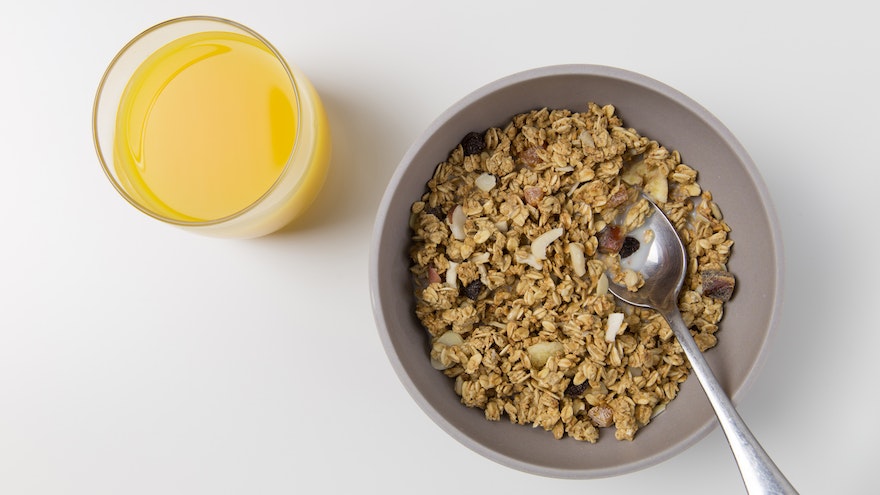The human gut is home to a complex ecosystem of microorganisms, including bacteria, fungi, and viruses, known collectively as the gut microbiome. These microorganisms play a crucial role in maintaining our overall health and well-being. In particular, fiber is essential for maintaining a healthy gut and supporting the growth of beneficial bacteria.
What is Fiber and Why is it Important?
Fiber is a type of carbohydrate that the body cannot digest. It passes through the digestive system relatively unchanged and provides a variety of health benefits. There are two main types of fiber: soluble and insoluble. Soluble fiber dissolves in water and forms a gel-like substance, while insoluble fiber does not dissolve in water. Both types of fiber are important for maintaining a healthy gut.
Soluble fiber is fermented by the bacteria in the gut, producing short-chain fatty acids that provide energy for the cells lining the colon. This can help to promote the growth of beneficial bacteria and support a healthy gut microbiome. Soluble fiber can also help to lower cholesterol levels and regulate blood sugar levels.
Insoluble fiber, on the other hand, provides bulk to the stool and helps to prevent constipation. It also promotes the movement of material through the digestive system, helping to prevent digestive disorders such as diverticulitis and hemorrhoids.
Foods High in Fiber
There are many foods that are high in fiber and can help support a healthy gut. These include fruits and vegetables, whole grains, legumes, and nuts and seeds.
Fruits and vegetables are an excellent source of both soluble and insoluble fiber. Some high-fiber options include berries, apples, pears, citrus fruits, leafy greens, carrots, peas, and beans.

Whole grains are another good source of fiber. These include oats, barley, quinoa, brown rice, and whole wheat. Legumes, such as lentils, beans, and chickpeas, are also high in fiber.
Nuts and seeds are a good source of insoluble fiber and can also provide a source of healthy fats and protein. Some high-fiber options include almonds, peanuts, sunflower seeds, and flaxseeds.
Gut Health and Fiber Intake
A diet high in fiber can support a healthy gut microbiome and prevent the overgrowth of harmful bacteria. This can help to reduce the risk of gastrointestinal disorders, such as irritable bowel syndrome (IBS) and inflammatory bowel disease (IBD).
Fiber can also help to maintain regular bowel movements and prevent constipation. This can improve overall digestive health and prevent the development of digestive disorders.
In addition to its benefits for gut health, a diet high in fiber has also been linked to a reduced risk of heart disease, stroke, and type 2 diabetes. It can also help to maintain a healthy weight and prevent obesity.
Recommended Reading:
- The Best Foods to Heal Leaky Gut: A Personal Guide to Improved Digestion and Overall Health
- Leaky Gut Syndrome Treatment: What You Need to Know
Conclusion
In conclusion, fiber is an essential component of a healthy diet and plays a crucial role in maintaining a healthy gut. Including a variety of high-fiber foods in your diet can support the growth of beneficial bacteria and prevent the overgrowth of harmful bacteria.
To learn more about the role of fiber in gut health, download our free Gut Health Guide. And to try a delicious and nourishing probiotic green juice, try a free sample of Life Greens.


